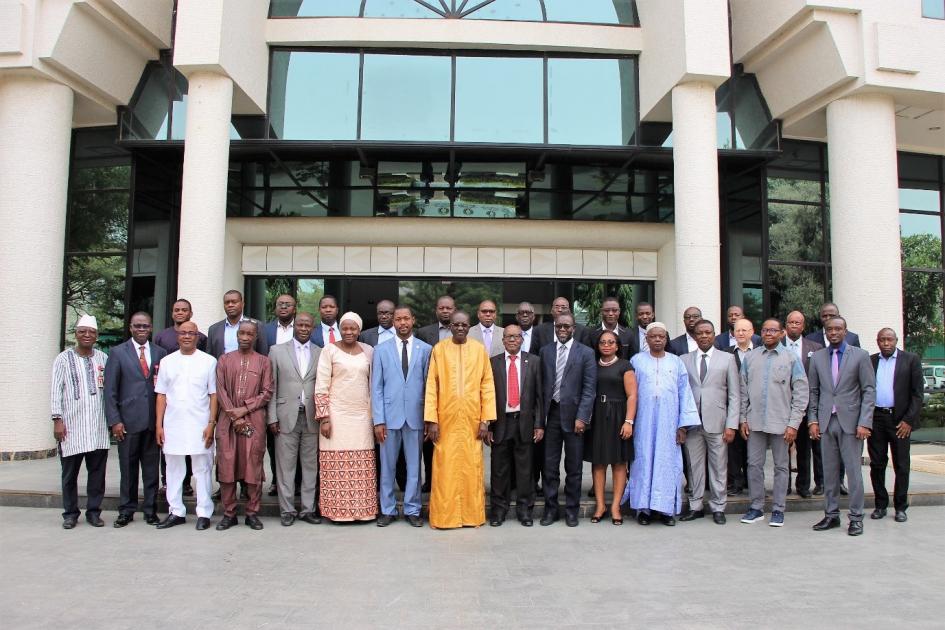Department Resources
The African Guidelines on Integrating Data Provisions in Digital Trade Protocols are part of the broader framework established by the AfC
This Data Policy Framework aims to strengthen and harmonise data governance frameworks in Africa and thereby create a shared data space a
The electricity sector in Africa still faces huge challenges that include low capacity factors and reserve margins, high transmission and
The African Union Commission (AUC) envisions “an integrated continent that is politically united based on the ideals of Pan Africanism an
Highlights of the cooperation with the GIZ-project “Support to the African Union on Migration and Displacement”
Violent extremism is a global issue.
Agenda 2063 is Africa’s development blueprint to achieve inclusive and sustainable socio-economic development over a 50-year period.
EXECUTIVE SUMMARY


